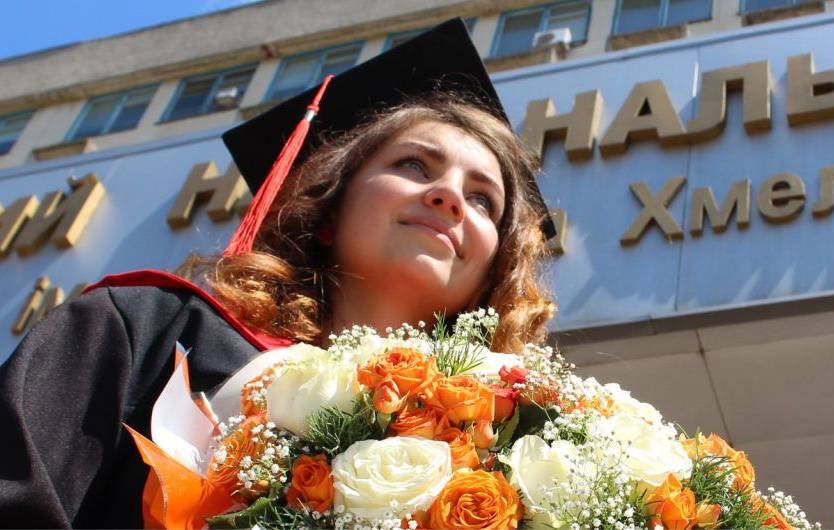Students of Specialties 051 «Economics» and 292 «International Economic Relations» from Bohdan Khmelnytsky National University of Cherkasy made an educational visit to Customs Clearance Department No. 1 of «Cherkasy» Customs Post.
The event took place within the framework of the Memorandum of Cooperation between the State Customs Service of Ukraine and Bohdan Khmelnytsky National University of Cherkasy.
The meeting began with a tour conducted by Andrii Yermolenko, Head of «Cherkasy» Customs Post. He introduced students to the key aspects of the customs operations, outlined the role of customs in ensuring the economic security of the state, and paid particular attention to the specifics of working under martial law conditions. The students had a unique opportunity to explore customs clearance procedures in detail, learn about interaction mechanisms with declarants, get acquainted with common violations of customs legislation, and understand the process of customs inspection of goods.
A special highlight of the tour was a demonstration of contraband detection conducted by Vitalii Lepeten together with a service dog named Alpha. The students witnessed firsthand how effectively trained animals are used to detect prohibited goods, which sparked great enthusiasm and vivid interest.
Additionally, Olena Horbenko, Deputy Head of the Anti-Smuggling Department, familiarized the participants with the specifics of working under high-risk conditions, shared methods for detecting violations, and emphasized the importance of an analytical approach in customs operations.
The field trip allowed students not only to deepen their theoretical knowledge but also to see the real work of professionals, experience the specifics of the professional environment, and understand the importance of their future profession. Such visits contribute to the development of professional motivation, the enhancement of analytical thinking, and better understanding of the economic and legal aspects of the functioning of state institutions.














